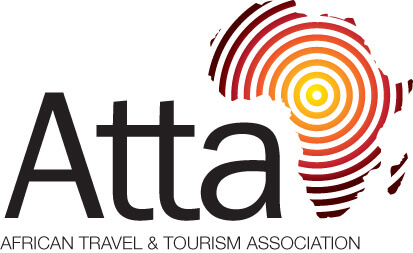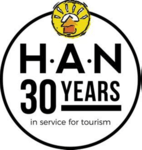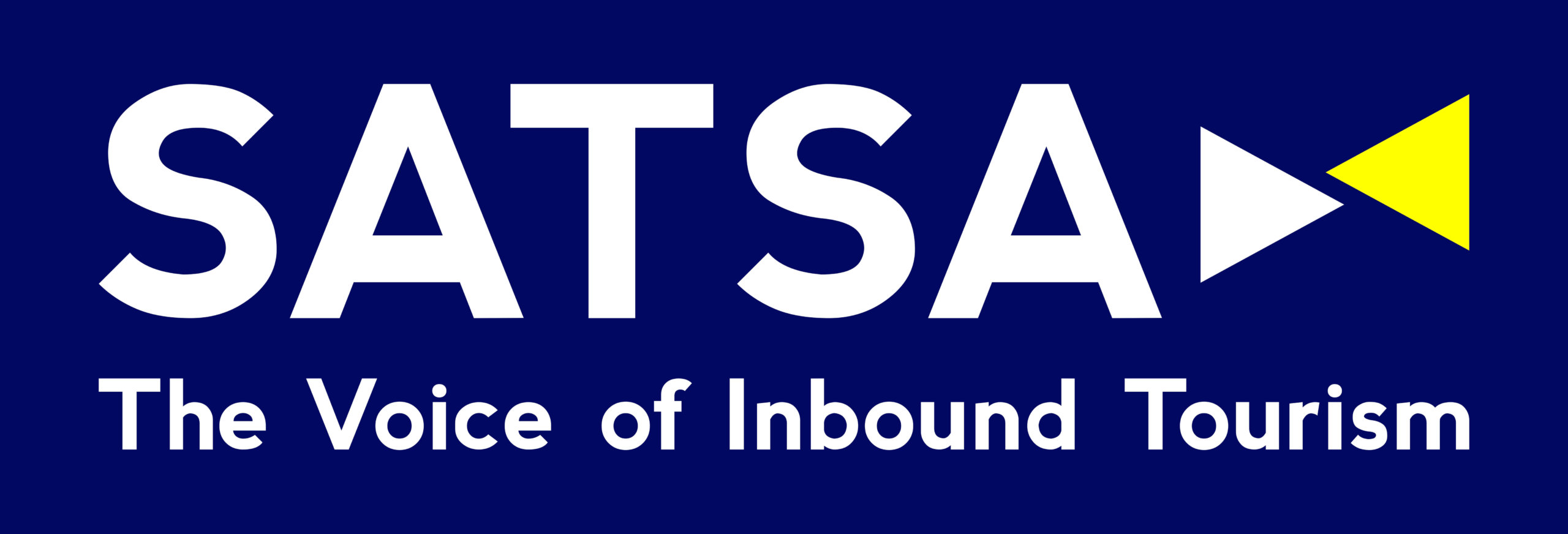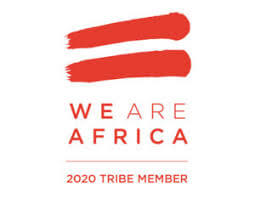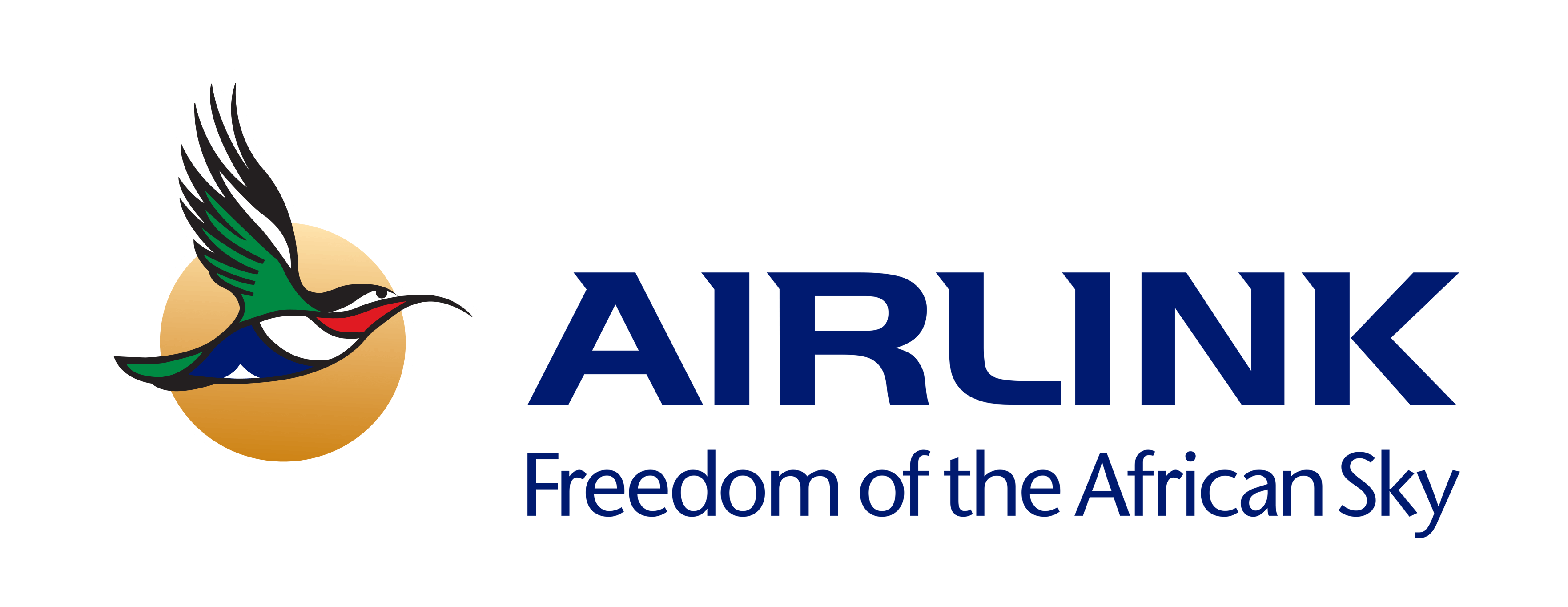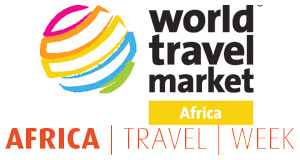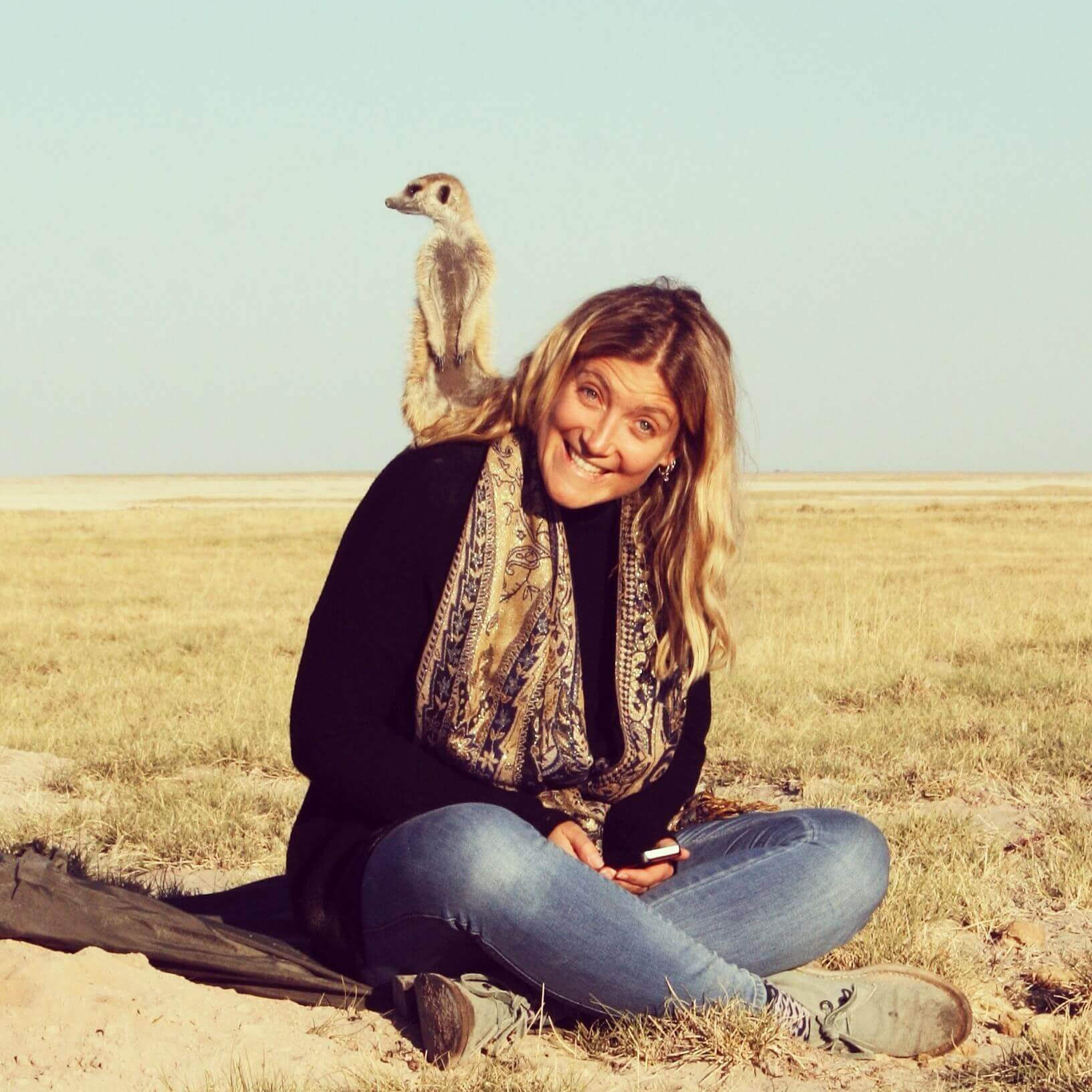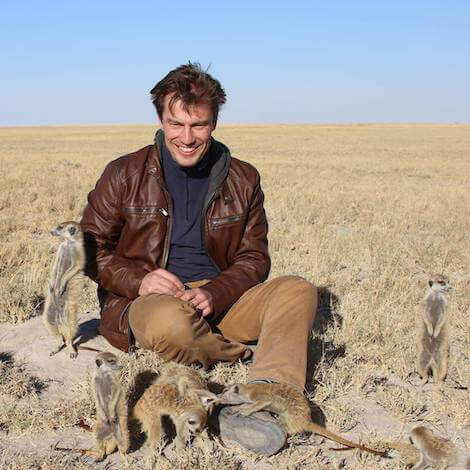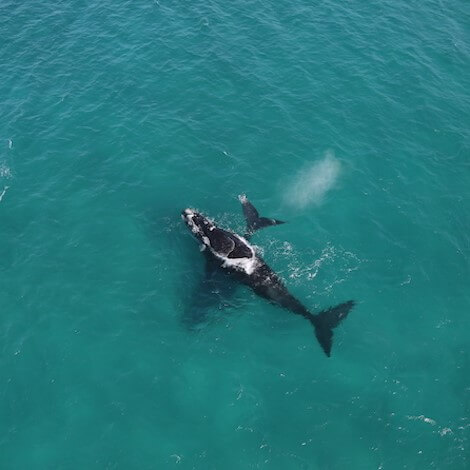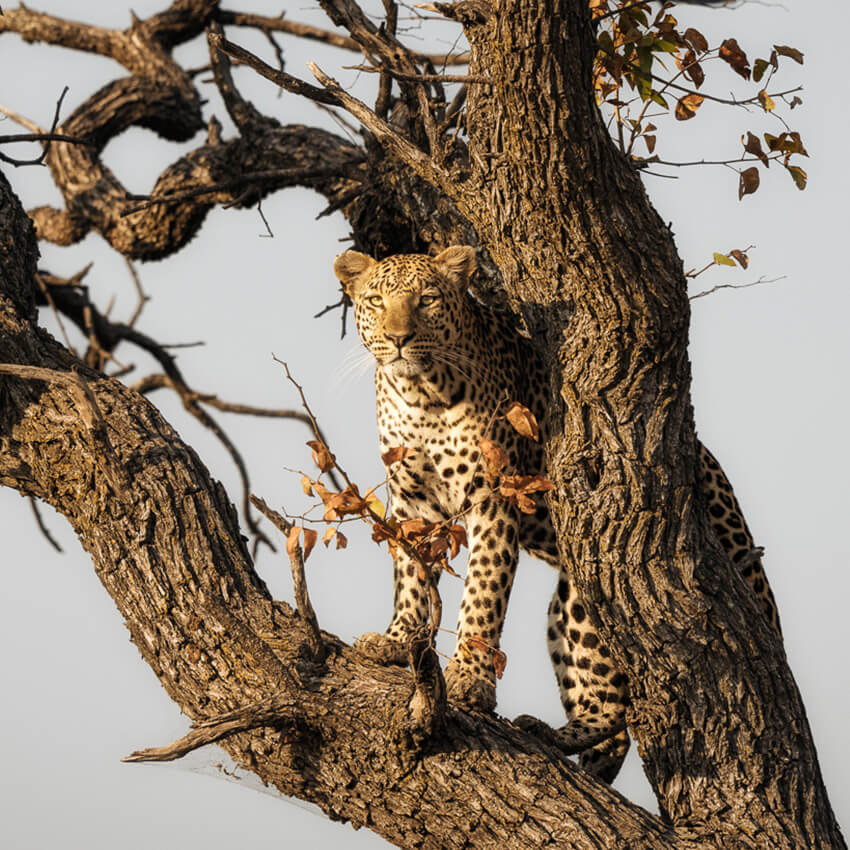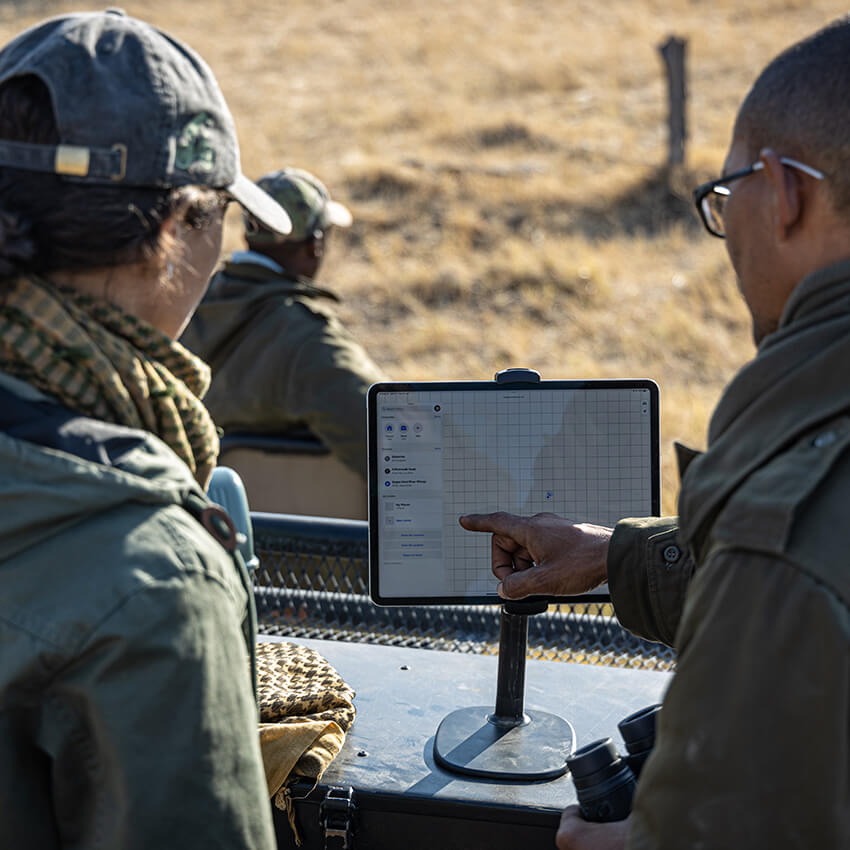Botswana
- A Spot of Romance: Botswana Honeymoon Safari
- A Wellness Safari with Robyn Sheldon
- Botswana Conservation Safari
- Botswana Horse Safari on the Makgadikgadi Salt Pans
- Guided Botswana Cycling Safari
- My First Botswana Safari
- Uncharted Expeditions Botswana Mobile Camping Safari
- Walk of Ancient Wisdom
- Wilderness & Wild Coast South Africa
Meet Our Private Guides: Map Ives
 Pru Allison
Pru Allison
 March 08, 2023
March 08, 2023
We catch up with private guide Map Ives about his conservation work and love of the Okavango.
NS: You’ve worked as a wildlife guide and conservationist for some 40 years, what are the biggest changes you’ve seen in the conservation landscape during that time?
MI: “The answer to this is a bit of a two-edged sword, I that I have lived through a period during which probably the greatest damage to wildlife populations in history has taken place. I have been working in conservation since the 1970’s during which time the decimation of wildlife populations and reductions of wildlife estate has been simply disastrous. For example, in 1970 it was estimated that there were still about 1.4 million elephants in Africa and which has been reduced to below 400 thousand today. Lion populations have dropped from about 92,000 in 1970 to less than 4,000 today and alarmingly the rhino populations (my personal favourite animals) have dropped from around 70,000 black rhinos in 1970 to less than 5,000 today.
These declines of over 90% have happened during my working life and which always been a source of huge distress to me as well as serving as a motivation to try and make a difference. (It is worrisome that if these trends continue over the next forty years ????????)”
NS: What is your earliest memory of being in nature?
MI: “I was very fortunate to have been raised in north-eastern Botswana during the 1960’s and 1970’s when the human population was still very low and the entire country was still very wild. I cannot say with any precision when I first recall being in the wild because I have always been there.”
NS: Who do you feel has had the biggest positive impact on conservation during your lifetime and why?
MI: “There are two influences that come to mind.
1) The national parks departments in Zimbabwe and in Kwa-Zulu Natal have always been a source of inspiration to me because of the practical minded people who carried out the day to day work of conserving natural habitats and who worked in relative obscurity for most of their lives. They set the standard for me and also forged some of the most iconic parks and reserves in southern Africa.
2) Spokespeople who have understood the use of media to spread the word amongst the urbanized and isolated people of the world as to how important biodiversity was to the health of this planet and everything that lives thereon. I think here of Douglas Adams (my personal favourite), Jane Goodall and David Attenborough amongst many others. Without them those people who worked in the field would not have the support they so badly need every single day.”
NS: What’s the best piece of guiding advice you’ve ever been given?
MI: “Look deep into nature and you will find the answer to everything!”
NS: Please tell us your favourite safari joke.
MI: “I do not tell jokes whilst on safari because they can easily offend different cultures. I avoid trying to be a smart-ass but do have a propensity for using double entendre during everyday speech.”
NS: Where have you yet to visit that you’d love to go to?
MI: “An Ex-pensive Winos concert.”
NS: Which is your favourite species to spend time with?
MI: “Black Rhinoceros (Diceros bicornis)”
NS: What is it about the Okavango that captures your imagination?
MI: “The Okavango is part of a central African landscape that remains relatively unbounded by human pressure (although that is changing rapidly) and therefore allows for considerable free movement of organisms which in turn allows for much genetic movement within species and which all results in a much healthier biodiversity environment. I have seen a massive decline in such wild, free movement areas within Africa during the last fifty years so the Okavango and the surrounding savannah areas which stretch between several countries, are one of the great remaining wild areas in the world.”
NS: Please tell us about your work protecting the Delta.
MI: “I think it is important to note that I am just one small person working alongside many others who have put so much into protecting this iconic Delta. When I first arrived here back in 1982 the Delta had no formal protections and through the vision and work of many concerned people, academics, tourism operators and dare I say it, a few politicians, the Okavango is a registered RAMSAR site and enjoys protection as a UNESCO World Heritage Site. I have been fortunate to have been invited to partake in the development of the Okavango Delta Management Plan under the auspices of the RAMSAR convention and the Botswana Government.“
NS: Who’s your dream guest?
MI: “Persons who attempt to have an understanding of the processes that have resulted in life as we know it on Earth. These include the unique adaptations displayed by all living organisms that have given them the ability to survive in a rapidly changing environment.”
Special Offers
Our special offers are designed to help you experience everything southern Africa has to offer whilst also saving some all-important pennies. Whether you’re about to embark on a once-in-a-lifetime solo trip, or are celebrating a special occasion, have a peek at our offers and see what could be in store for you.
